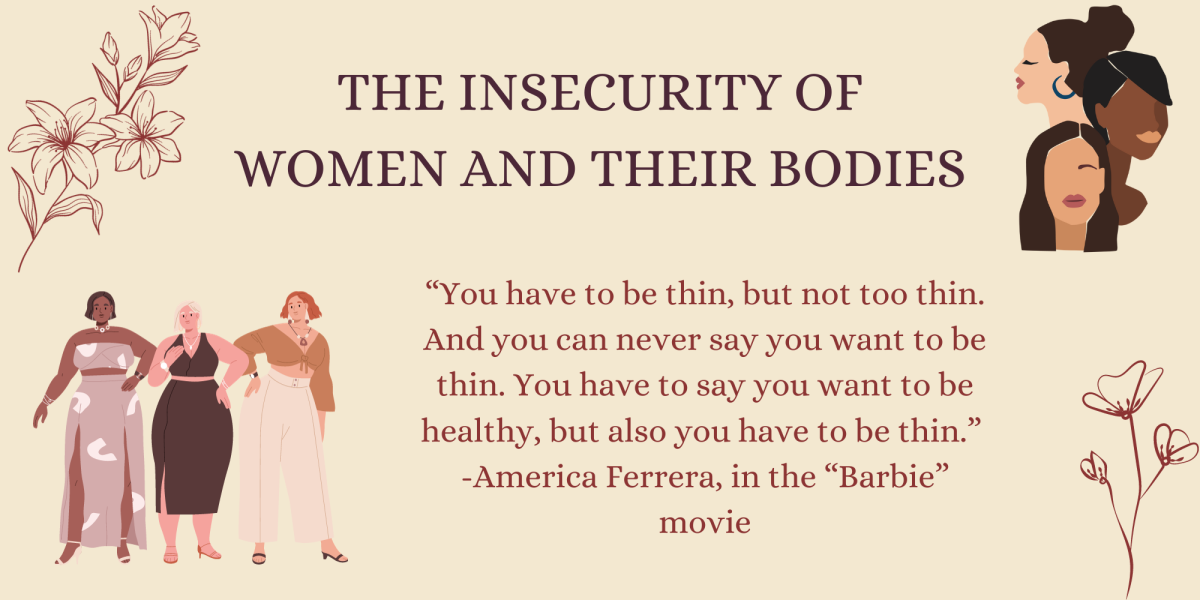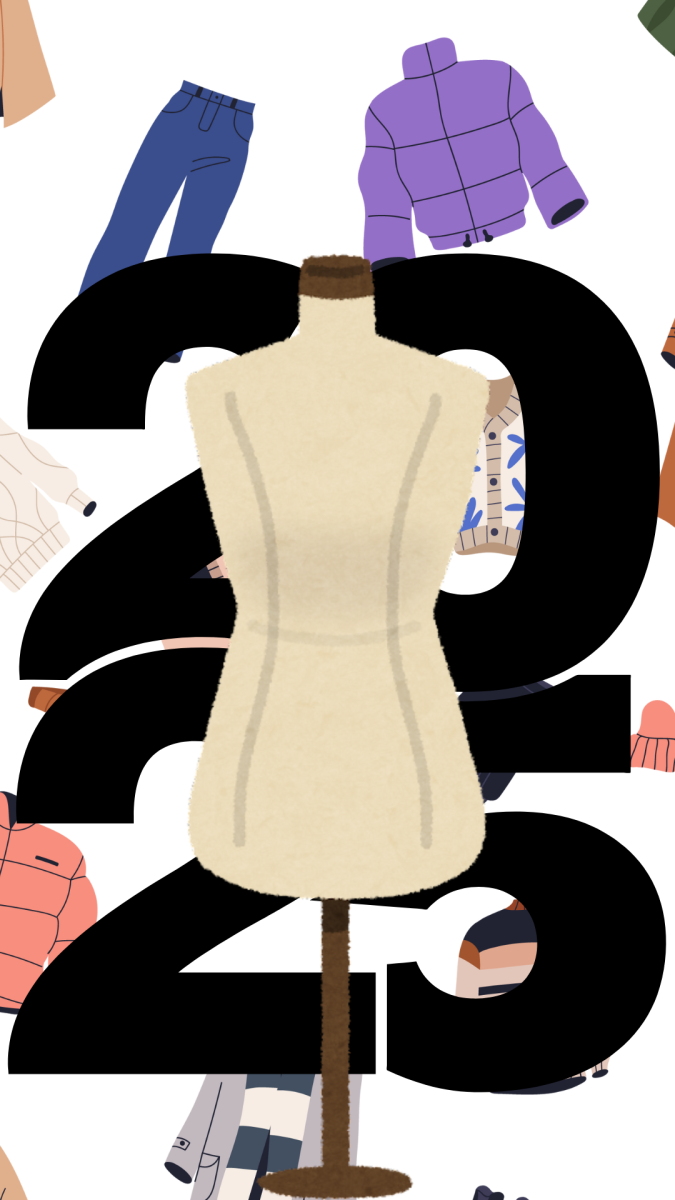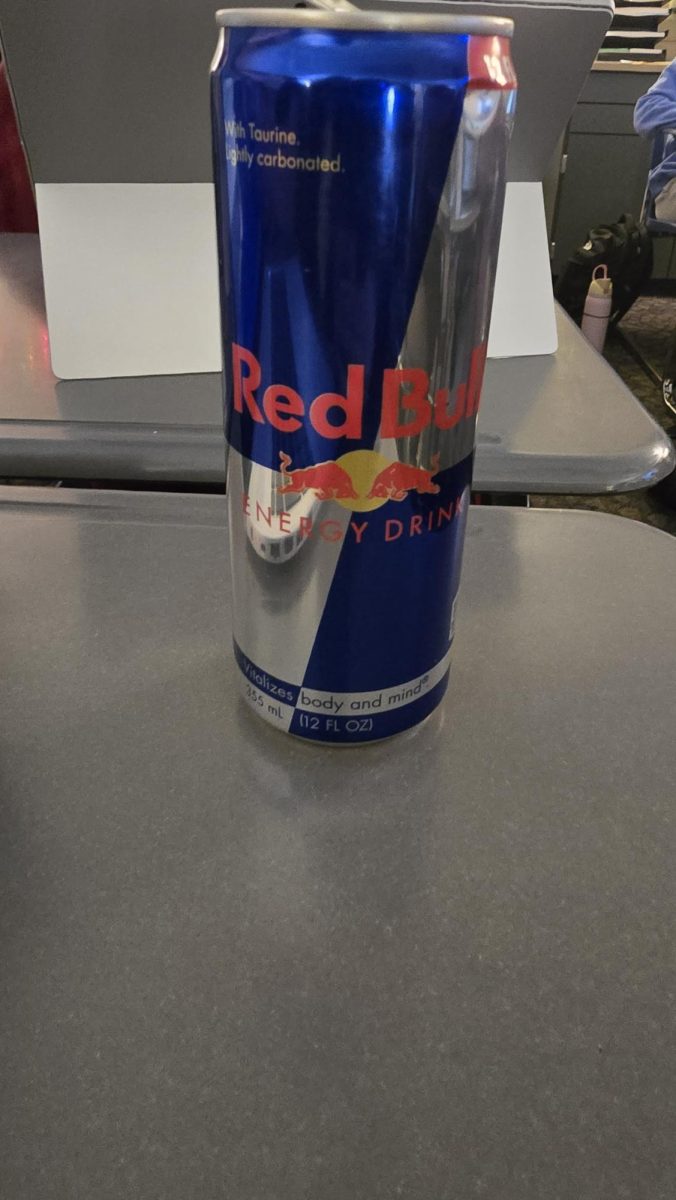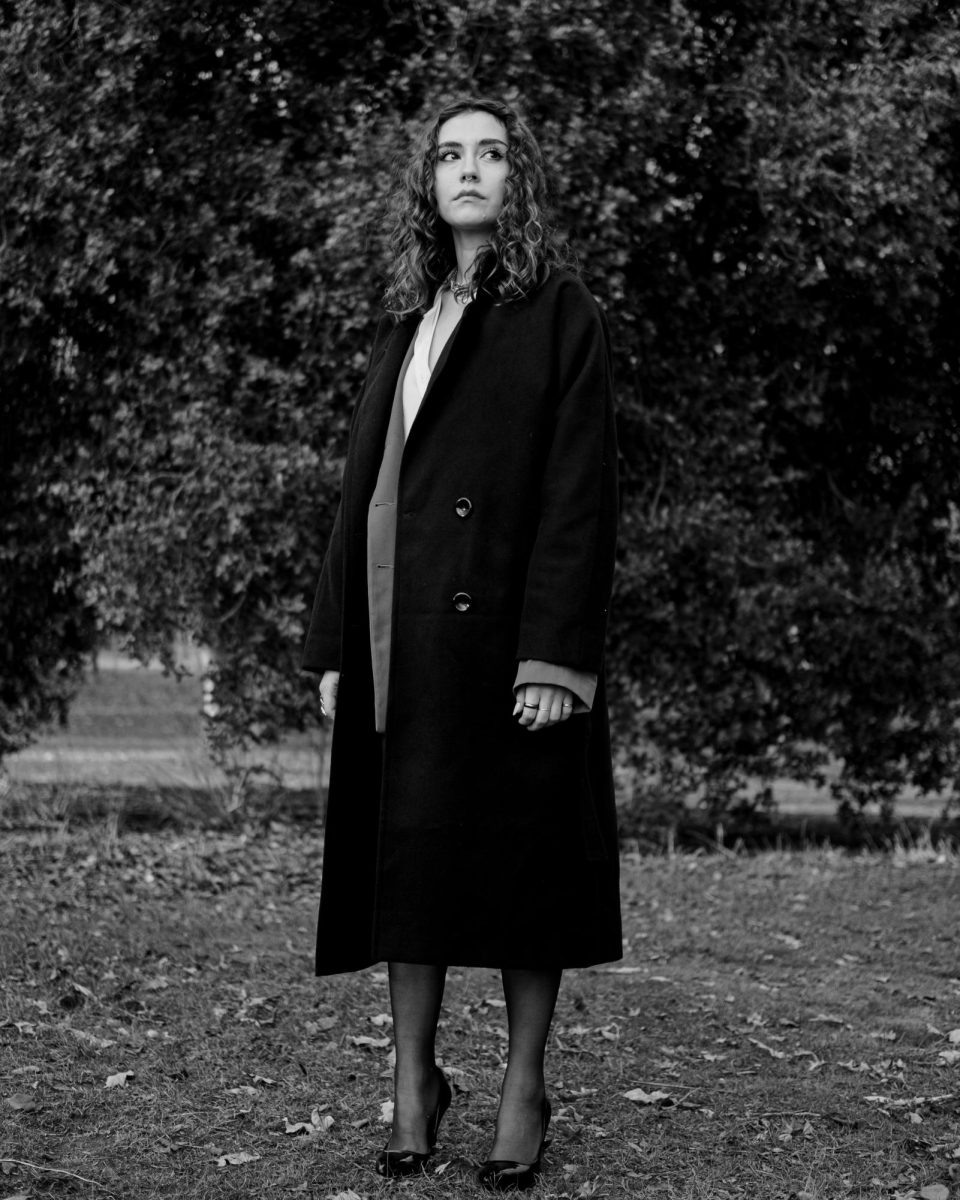The first time I wore shorts last summer, I was looking down at my thighs and panicking about showing my legs. Despite the fact that I am growing up and therefore changing, I was disgusted at the fact that I didn’t have a thigh gap.
The media has always created a completely unrealistic standard for women’s bodies. This isn’t a new idea by any means, but it is an important one. The invention of social media worsened this problem and made it a lot easier for corporations to capitalize on women’s insecurity.
Every day, I see an advertisement with a woman at the forefront that looks nothing like me or any other person I’ve ever seen. The ‘generic’ woman is skinny with straight hair and white teeth, with the perfect hourglass figure. This image is unachievable. Many women try, but the perfect figure and face will never be reached. This unattainable image causes women to be insecure about showing any skin for fear of inadequacy and causes health issues like eating disorders or over-exercising.
These images are not just in advertisements for clothing – they are pushed towards women from childhood. Barbie is a great example of this. Barbie is the perfect image. Her waist is impossibly small, and her skin is perfect. Young girls are stereotypically seen playing with Barbies, and it’s often expected of them. As a result, this unrealistic body type is being subtly ingrained in young girls, sticking in their minds as they grow older. The new “Barbie” movie addresses this incredibly well. America Ferrera does a monologue about the impossible standards put on women. She highlights the contradictory nature of society towards women, and how they need to be everything all at once.
Another reason these images are so unhealthy is the environment that it creates for women. The catcalling, the sexualization, the thought that we do everything to be attractive. When a woman wears makeup, she is seen as “deceiving men,” but if she doesn’t, she’s “ugly.” However, if a woman is wearing makeup, she is also accused of just wanting boys to like her, and therefore she can’t be mad that they are hitting on her.
The same thing goes with showing skin. These aforementioned behaviors cause women to cover up more in order to avoid being blamed for their own harassment, although this strategy isn’t particularly effective. And then, when a woman isn’t catcalled or blamed for trying too hard, it can tear down their self-esteem, as they aren’t “pretty enough” to be harrassed. This is a toxic mindset, yes, but one put into our heads by society. Because women are constantly seen as doing everything for men, the lack of sexualization can feel demeaning, despite the opposite being true.
Thankfully, I am able to sort out my thoughts and those put into my mind by society, and keep myself from spiraling when I look at my body. However, many women aren’t able to, and that leads to harmful habits. I’m not going to put statistics of how many women have eating disorders, because it reduces them to numbers. Eating disorders are serious things, and should be addressed. For anyone struggling, National Eating Disorders Association (NEDA) has a helpline open for text or call, at (800)-931-2237. And for those who know someone who is struggling, Beat Eating Disorders has resources to help you help them in the best possible way.
Women are often put into this awful mindset, and it’s time we start lifting everyone up instead of tearing them down. Women are not the only ones who suffer with body insecurity, and we as a society need to support each other and show some basic humanity. Start by complimenting yourself, as much as possible, then move on to complimenting others. I find it helpful to ask myself if I would say the same things to myself as I would to a friend. That helps snap me out of my mean self-directed comments and see others in a better light. The world needs to start doing better. Kindness is not difficult.
Categories:
The Insecurity of Women and Their Bodies
Story continues below advertisement
0
Donate to The Scroll
$910
$1400
Contributed
Our Goal
Your donation will support the student journalists of Fargo North High School. Your contribution will allow us to resume physical printing of our newspaper for students at Fargo North!
More to Discover
About the Contributor

Eliza Janssen, Writer
I am an avid reader and writer, and love learning about what’s going on in the world. I love experiencing the community in Fargo, and talking to people around. The Scroll is a great place for me to put my thoughts and talents to great use! I enjoy talking with my fellow staff about what to put in the paper and what people want, and it has been a great time!






